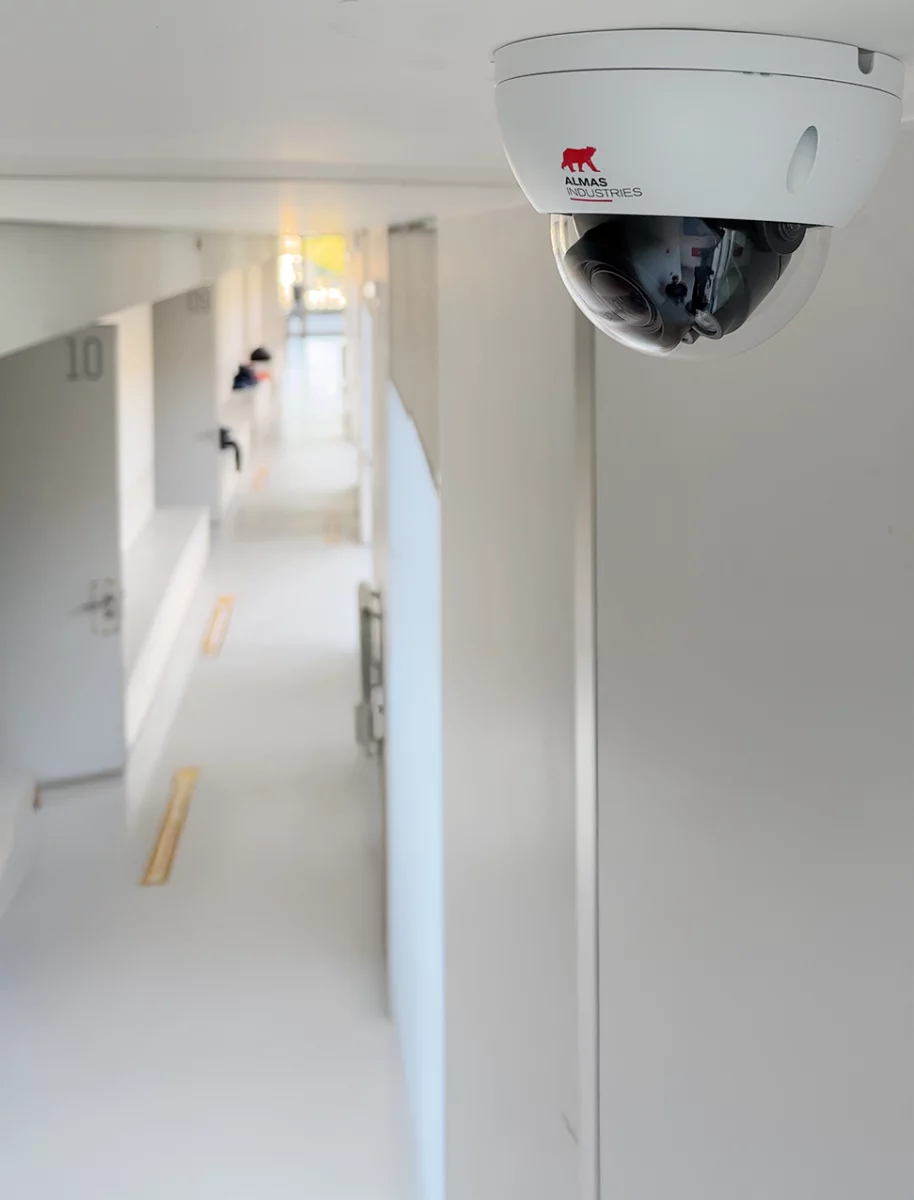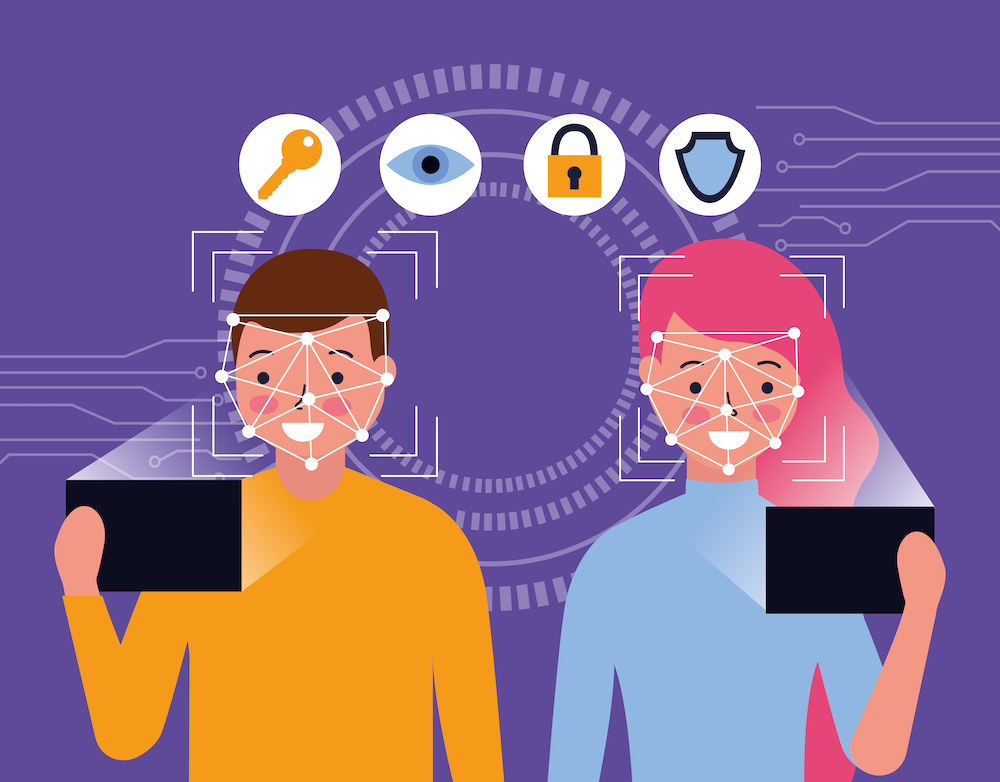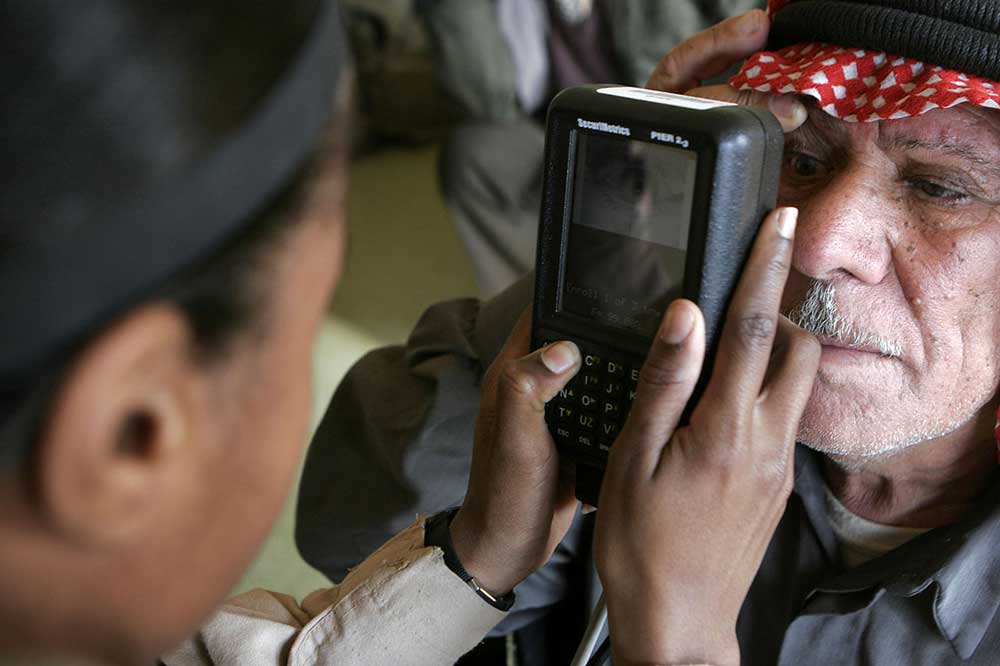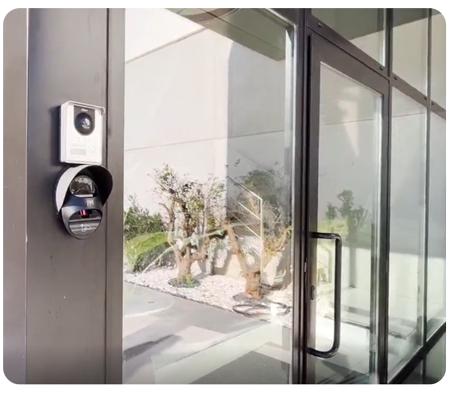


Showing: Most Recent

Have you ever thought about using biometrics in your business? In this article we look at the benefits that biometric access control systems have to offer child care businesses.

Over the past decade, the UK security sector has witnessed a dramatic increase in the number of CCTV solutions that are being operated in an intelligent, proactive, way so that suspicious activity can be identified and tackled as it happens. There has also been more attention given to the carefully controlled application of CCTV within schools. Read on to find out how CCTV can be used to help schools change for the better.

If you are one of the 5.8 million people who run a small business in the UK, was security a priority for you when you started your business? Maybe you have been running your business for a few years but haven’t thought about security. Read on to find out why getting the right security is key this year.

Safety is one of the top priorities for parents when they are choosing a nursery for their children. A nursery can have superb staff, play facilities, and excellent safeguarding, but if they don't get the fundamentals of security right, none of that matters. Do you always know who is in your nursery?

The General Data Protection Regulation (GDPR) is a major step forward for data protection and privacy with a truly international impact. Back in 2018, many people said that it would change the face of the digital world. In this article, we will have a look at GDPR and assess the impact of the regulations since their inception.

Christmas, and the increase in retail activity which goes with it, is upon us. If you run a retail business, are you prepared to tackle an increase in crime? Preventing crime remains a major concern for all types of retailers. Crimes are not victimless. The impact the skilled, passionate, determined people who make the retail industry so vibrant. Understanding threats and ways in which they can be countered is the place we need to start.

Hundreds of millions of people across the world use biometrics every day, mostly fingerprint or facial recognition on mobile phones. Considering that Apple launched the first biometric fingerprint reader in 2013, the adoption of biometric technology has happened incredibly fast. Yet for the most part, biometrics has only been used as a virtual key. Things are changing though, with the advent of pervasive biometrics which forms part of a flexible toolkit which allows the development of numerous different types of application.

As a business, your most important asset is your people. Keeping track of their experience, capabilities and competencies is difficult through manual systems. Having full access to digital CV’s and qualifications, as well as up to date information on project completion dates allow you to manage the movements of your workforce. All of this is possible if you use a digital onboarding system which is integrated with a biometric access control and time + attendance system.

Artificial intelligence is rapidly being adopted around the world. The most controversial area is the use of AI surveillance tools to monitor and track people. Some schemes are lawful, others clearly violate human rights, and many fall somewhere in the middle, in murky ground. As the market for professional video surveillance is expected to grow from $18.2 billion in 2018 to $19.9 billion this year, AI isn’t going to go away anytime soon.

